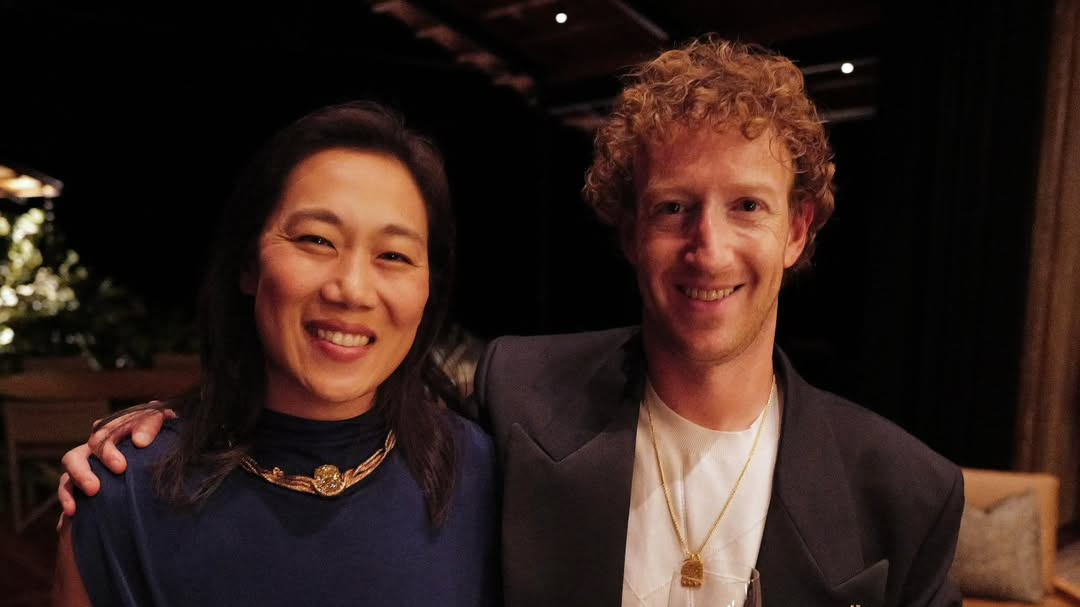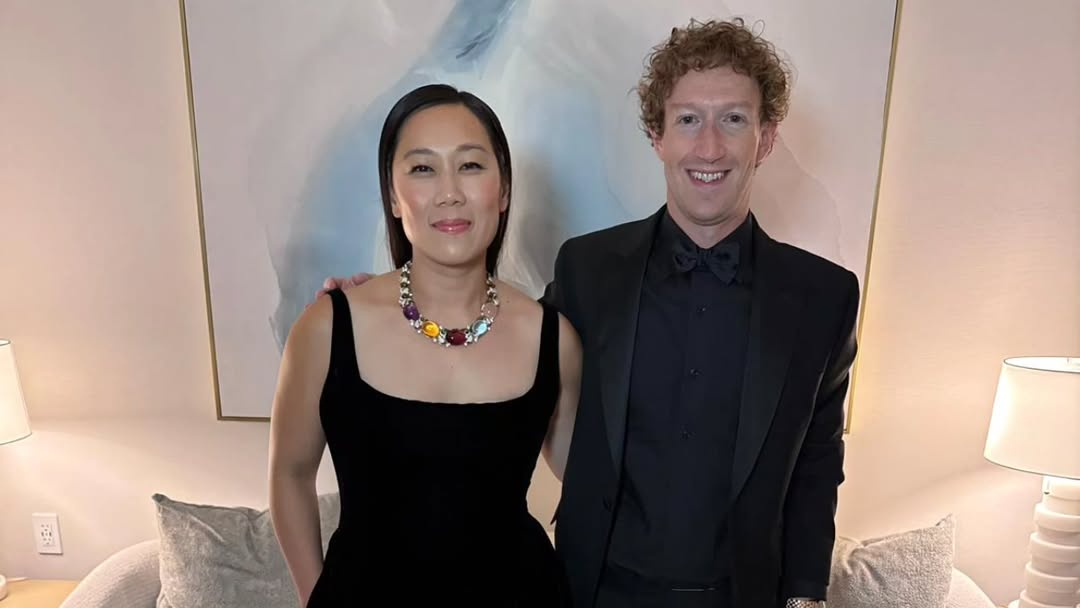The Double-Edged Brand: How Meta’s Shadow Is Reshaping the Chan Zuckerberg Initiative
The Chan Zuckerberg Initiative (CZI) launched in 2015 with the kind of vision that could only come from Silicon Valley’s upper echelon: cure all disease within a century, transform education, and tackle social inequality. Founded by Mark Zuckerberg, CEO of Facebook (now Meta), and Dr. Priscilla Chan, a pediatrician, CZI quickly became one of the most influential—and well-funded—philanthropic ventures in the world.
But nearly a decade later, the Initiative’s work is being reframed—not just by its strategic decisions, but by the evolving political and public image of its cofounder. As Meta’s controversies mount and Zuckerberg’s personal brand shifts rightward, CZI’s mission and values are under new scrutiny.
This is the business risk of brand overlap—when the reputational baggage of one venture seeps into another, no matter how independent they claim to be.
What Does the Chan Zuckerberg Initiative Do?
The Chan Zuckerberg Initiative operates as an LLC, not a traditional foundation, giving it flexibility to:
-
Fund scientific research through grants and partnerships.
-
Build tech tools for educators and scientists.
-
Invest in nonprofits and for-profits alike.
-
Engage directly in policy advocacy.
Its original focus spanned science, education, and social justice. On the science front, CZI has bankrolled the Human Cell Atlas, created Biohub research centers at top universities, and invested heavily in rare disease research. In education, it supported personalized learning platforms and integrated health into early childhood education.
How Big Is the Chan Zuckerberg Initiative?
When CZI was founded, Zuckerberg and Chan pledged to give away 99% of their Facebook shares over their lifetimes—then worth around $45 billion.
Today, CZI remains one of the wealthiest philanthropic entities on the planet, with the resources to fund moonshot science projects and education innovations at scale. But its visibility has also made it more vulnerable to the optics of its founders’ other ventures.
What Are the Values of the Chan Zuckerberg Initiative?
In their 2015 open letter to their newborn daughter, Max, Zuckerberg and Chan articulated two core values:
-
Advancing Human Potential – enabling scientific breakthroughs, improving education systems, and addressing health challenges.
-
Promoting Equality – removing systemic barriers related to race, gender, geography, or economic status.
Those values shaped CZI’s early work, from criminal justice reform to DEI programs. Employees embraced slogans like “A Future for Everyone.” For many, joining CZI meant joining a mission-driven, progressive cause with the money and tech to make a difference.

When Facebook’s Problems Became CZI’s Problems
For years, CZI emphasized its independence from Facebook. But in the public eye—and in media headlines—the two were inseparable.
As Facebook scandals piled up, that connection became a liability:
-
Cambridge Analytica (2018) exposed misuse of user data for political targeting.
-
Internal Instagram research (2019–2020) revealed harmful effects on teen mental health.
-
Misinformation and political content moderation decisions drew bipartisan criticism.
When Zuckerberg chose to leave up inflammatory posts from then-President Donald Trump during the 2020 George Floyd protests, CZI staff openly questioned whether the nonprofit’s equality values could coexist with Facebook’s platform policies.
Related: What Happens When a Nonprofit Thinks Like a Billionaire?
A Strategic Pivot—or a Values Retreat?
Since 2021, CZI has gradually scaled back or exited programs most associated with social equity:
-
Spun off criminal justice and immigration work.
-
Closed its DEI team after Trump’s 2025 executive order targeting diversity programs.
-
Shut down The Primary School, its flagship K–12 project for underserved children.
Officially, the explanation was strategic focus: doubling down on biomedical research and technology where CZI can “have the greatest possible impact.” But the timing coincided with Zuckerberg’s public political shift—including appearances with MAGA figures, Meta’s rollback of fact-checking, and courting of the Trump administration during its second term.
The optics suggest a calculated repositioning: moving away from politically charged causes toward “safer” science projects that still require federal cooperation.
Related: The Business Secrets Behind Today’s Most Powerful Nonprofits
The Business Lesson: Brand Separation Is Harder Than It Looks
For entrepreneurs running both a global business and a high-profile nonprofit, CZI offers a textbook case in brand contamination risk:
-
Shared leadership creates shared accountability – Public opinion doesn’t distinguish between a CEO’s corporate role and their philanthropic one.
-
Corporate crises travel fast – When Meta is in headlines for harm to teens or platform misinformation, CZI inevitably feels the reputational ripple.
-
Value pivots are magnified – Retreating from earlier commitments can be read as political alignment, even if framed as strategic.
-
Stakeholder trust is hard to rebuild – Employees, grantees, and partners remember the original mission and notice when priorities shift.

The Road Ahead for CZI
Despite the political shifts, CZI continues to invest in cutting-edge science. Its work with Nobel Prize–winner Jennifer Doudna on CRISPR therapies for rare diseases could have lasting impact. The Virtual Cell Model—a digital map of every cell in the human body—has the potential to match the Human Genome Project in significance.
Yet the question for CZI is no longer just whether it can achieve scientific breakthroughs—it’s whether those successes can fully insulate it from the public’s perception of Meta and Mark Zuckerberg.
Bottom line: In philanthropy, as in business, brand independence isn’t just about structure—it’s about narrative. And when that narrative is tied to a polarizing figure, even billion-dollar science projects may not be enough to keep the mission from being reinterpreted through a political lens.
Related: How Zuckerberg’s AI Missteps Gave His Rivals the Upper Hand














